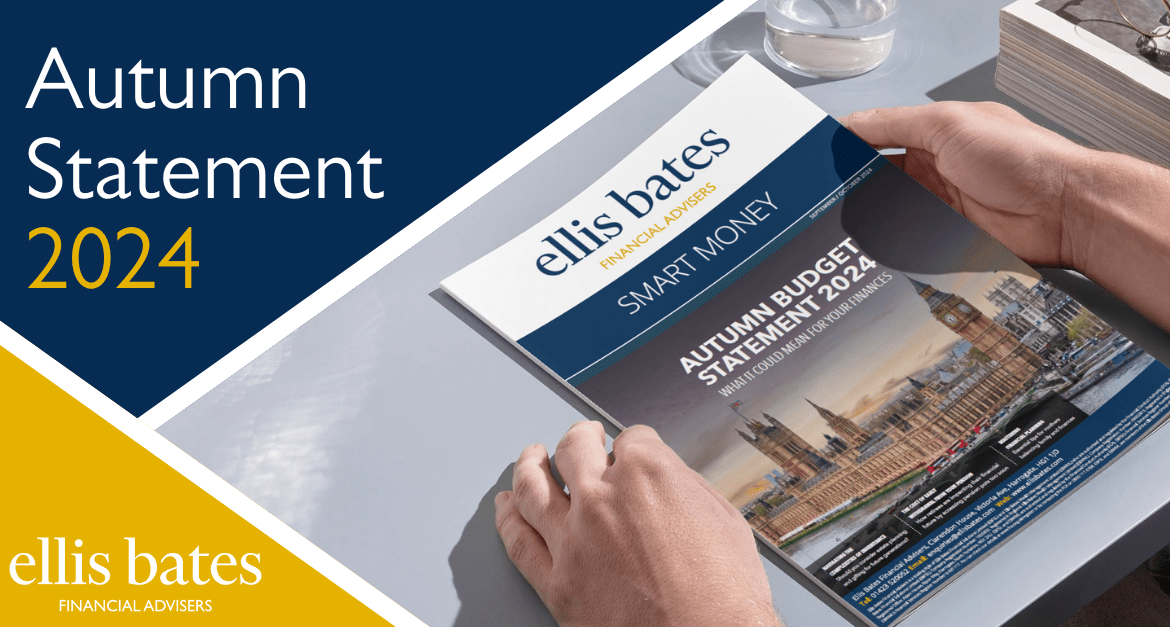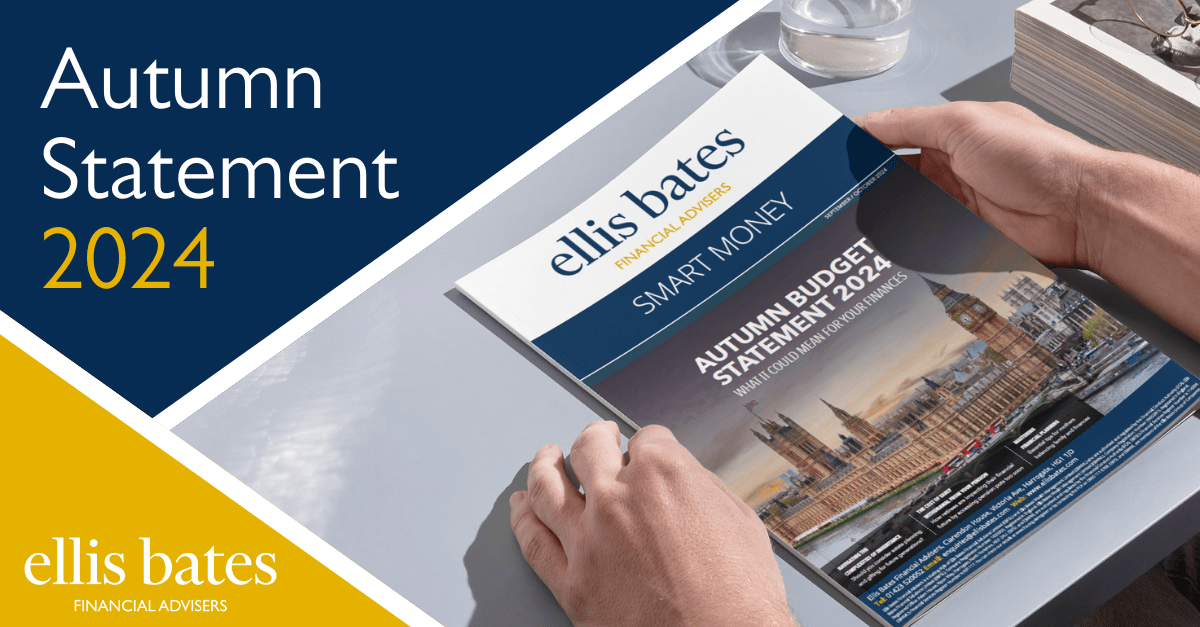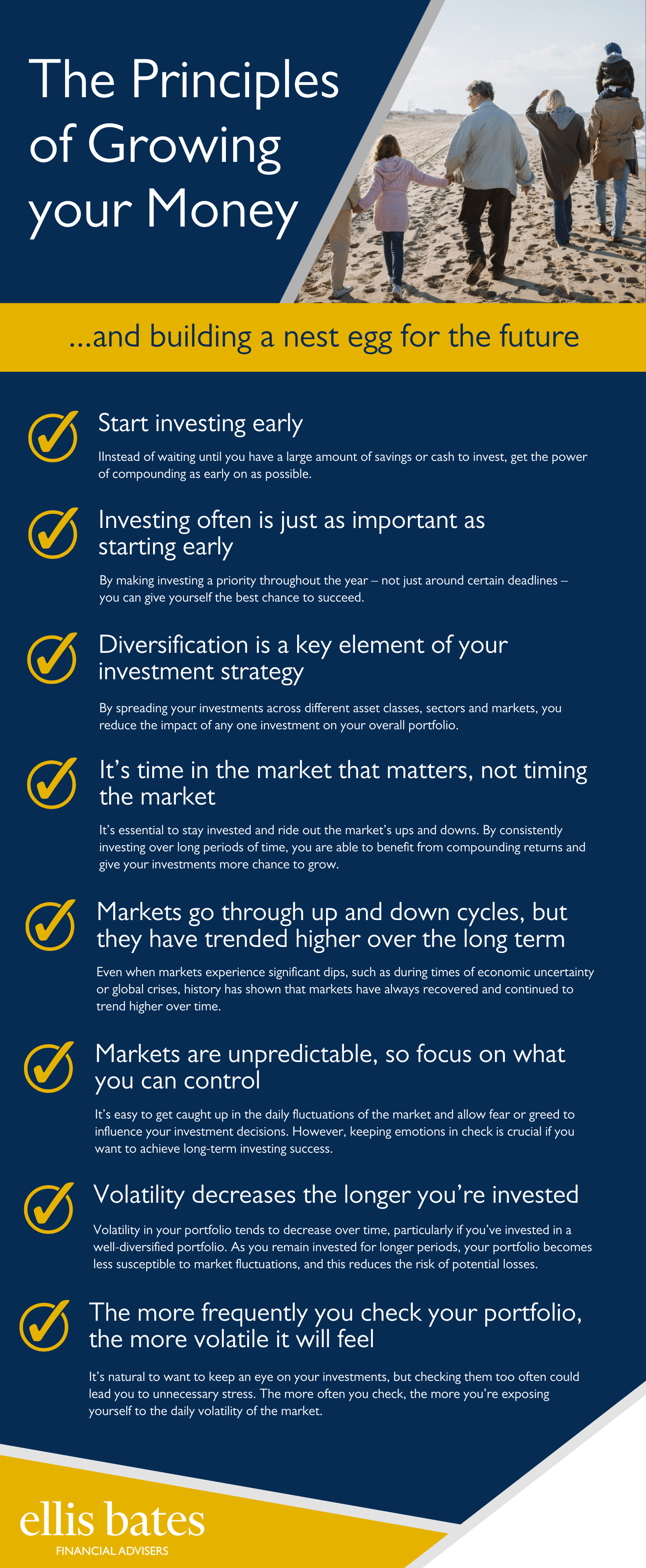Discussing Inheritance Tax
https://www.ellisbates.com/wp-content/uploads/2024/04/Screenshot-2024-04-16-104144-1024x576.png 1024 576 Jess Easby Jess Easby https://secure.gravatar.com/avatar/0e2a278e0eef1defdd7ee9d0ae7bb398?s=96&d=mm&r=gYou may well want to pass your estate onto your children when you die, but unless you make suitable plans your children will pay 40% inheritance tax (IHT) in the UK on all your estate above £325,000 which in today’s property market is most people’s property value alone.
You worked hard to earn your wealth, so let us work hard preserving it and help you and your family maintain its financial strength from one generation to the next.
If you are worried about Inheritance Tax and want to plan for the future, get in touch with us today.






 In your 50s, a pension review is pivotal in preparing for a secure retirement. This review thoroughly evaluates your current pension plans to understand their performance and projected future income.
In your 50s, a pension review is pivotal in preparing for a secure retirement. This review thoroughly evaluates your current pension plans to understand their performance and projected future income.






